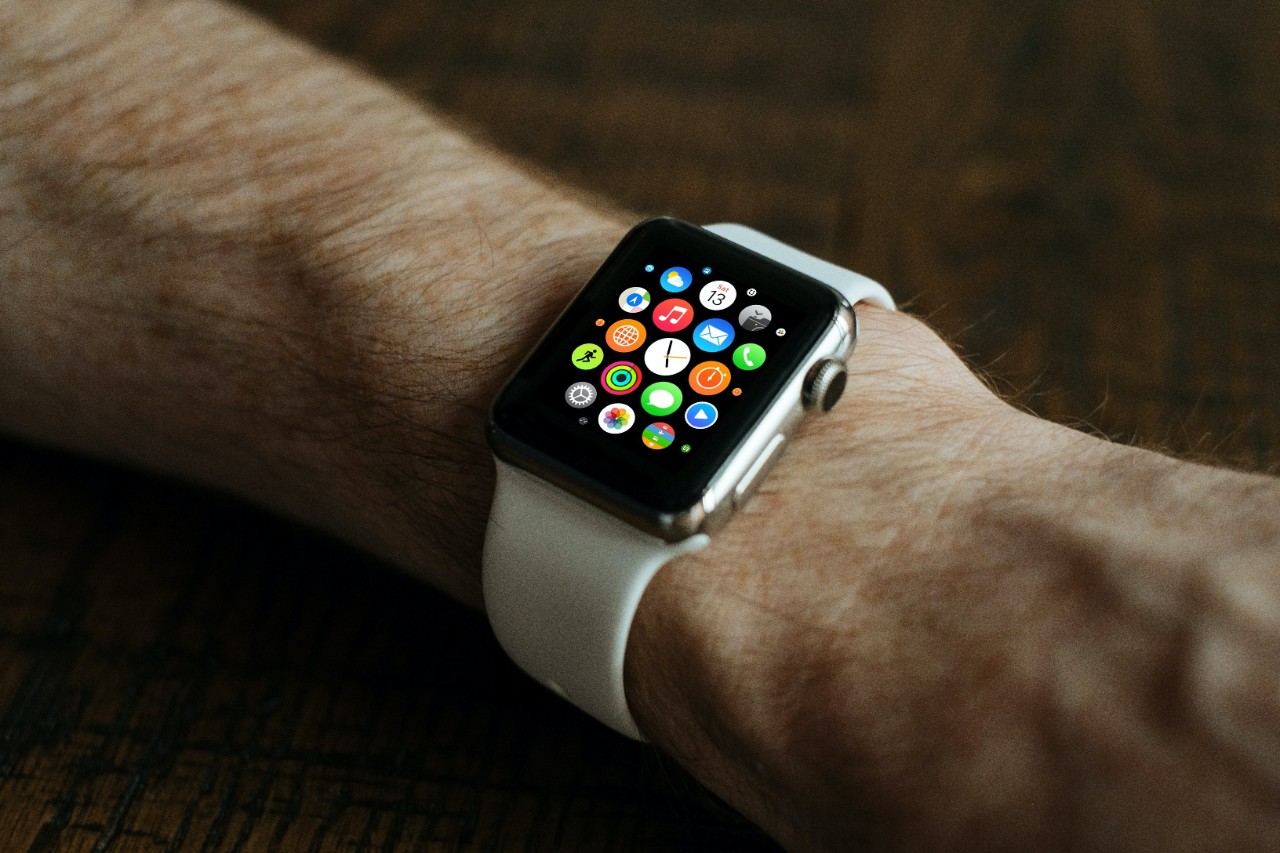
Broadcast Retirement Network: How wearables and AI can help treat heart ailments
UC expert discusses how healthcare professionals can be informed on wearables and patient care
Technology in wearables is improving to the point where they can play a major role in patient care. Broadcast Retirement Network (BRN) aired a segment on how predictive modeling through the use of artificial intelligence may help prevent major heart events. Richard Becker, MD, of the Division of Cardiovascular Health and Disease in the UC College of Medicine, has done research in this area and provided his expertise to BRN.
“We as providers and also members of our community and society are very much interested in doing technologies, such as wearable devices and artificial intelligence," Becker said. "There’s so many applications for health and well-being as well as for treatment. We, of course, want to be across that entire spectrum.”

Richard Becker, MD, of the Division of Cardiovascular Health and Disease at the UC College of Medicine/Photo/Andrew Higley/UC Marketing + Brand
There are a wide variety of wearable devices that track health activity, and the technology is advancing to the point where some are even capable of performing an EKG. Becker said it’s important to acknowledge that the roots of wearable devices date back to the digital watches of the 1980s.
“These technologies that are now being used have had decades to be improved upon, and they really have improved as the years and decades have gone by," said Becker. "Artificial intelligence comes in a variety of levels or layers, but as a starting point if we talk about how to utilize information, artificial intelligence and machine-based learning is probably the first thing people should be thinking about and that is, how does one, a physician for example, take all the information that is out there from varying sources and whittle it down or funnel it down into something that can be used in patient care. It's incredibly powerful and what we’re looking for are ways to utilize that information as a regular part of our assessment. That’s where wearable technology, artificial intelligence have an important interface with the medical community as well as for the lay community as well.”
The BRN host talked about the use of artificial intelligence and all the data it collects and asked Becker how the data today being used by clinicians and if most clinicians are using the data in a wearable and applying that to their patient’s health.
“The answer, unfortunately, is no,” Becker replied. “In terms of what the barriers are, I think there are several. First is a lack of familiarity including within the healthcare profession. I think that’s something we have to own and we have to learn. The second potential barrier is an understanding in terms of how the information can be used and also to protect a person’s privacy, which is really, really important. The third is, where do things stand in terms of approval for the devices, meaning are they approved by the FDA? That’s important because there’s a little bit of hesitancy in terms of what information could a clinician use to treat a patient? What I can say to you is certainly in the medical community there is a lot of effort to better familiarize physicians, clinicians, providers. Secondly, the FDA has cleared a number of smart watches and did so almost a decade ago.”
Becker was also interviewed by Local 12 for a story on cardiac health and the role wearables can play in monitoring that. See that coverage here.
Lead image of a smartwatch/Luke Chesser/Unsplash
Next Lives Here
The University of Cincinnati is classified as a Research 1 institution by the Carnegie Commission and is ranked in the National Science Foundation's Top-35 public research universities. UC's graduate students and faculty investigate problems and innovate solutions with real-world impact. Next Lives Here.
Related Stories
UC study: Brain organ plays key role in adult neurogenesis
July 2, 2024
The University of Cincinnati has published research in the Proceedings of the National Academy of Sciences that found the choroid plexus and cerebrospinal fluid play a key role in maintaining a pool of newly born neurons to repair the adult brain after injury.
WalletHub: 5 best chip and pin credit cards
July 1, 2024
University of Cincinnati director discusses 5 best chip and pin credit cards with WalletHub
WVXU: Supreme Court temporarily blocks key air pollution regulations
July 1, 2024
University of Cincinnati law professor spoke with WVXU about recent Supreme Court decision to temporarily block key air pollution regulations.
Put down that beer; it's not a tanning lotion
July 1, 2024
The University of Cincinnati's Kelly Dobos joined WVXU's Cincinnati Edition to discuss what's fact and what's myth when it comes to sunscreen use, different kinds of sunscreen and a social media recommendation to use beer on your skin to help get a tan.
UC alum visits campus to teach students about footwear design
June 28, 2024
A 2011 graduate of design, UC alum Charley Hudak has seen his career trajectory go from intern to creative director for Tiger Woods' new athletic footwear brand, Sun Day Red. While he may run with the biggest cat in golf, Hudak doesn't forget his Bearcat roots and comes back each summer to teach youth about footwear design at DAAP Camps.
Slate: How the Supreme Court has shaped the US economy
June 28, 2024
University of Cincinnati law professor, Joseph Tomain, wrote a Slate editorial discussion how the Supreme Court has shaped the US economy.
Cincinnati researchers want to know if MRIs can work better
June 28, 2024
WVXU and the Cincinnati Business Courier highlighted a new collaboration between the University of Cincinnati College of Medicine, UC Health GE HealthCare, JobsOhio, REDI Cincinnati and Cincinnati Children’s to create an MRI Research and Development Center of Excellence located on UC’s medical campus.
UC opens Blood Cancer Healing Center
June 28, 2024
Media outlets including WLWT, Local 12, Spectrum News, the Cincinnati Enquirer and Cleveland.com highlighted the opening of the University of Cincinnati Cancer Center's Blood Cancer Healing Center.
Financial factors to consider when moving
June 27, 2024
Moving can be a stressful and expensive endeavor. When it comes time to move, there are important financial implications to consider, Gary Painter, PhD, the academic director of the University of Cincinnati’s Carl H. Lindner College of Business real estate program and a professor of real estate, told USA Today.
New project aims to better support teen mothers in Adams County
June 27, 2024
WCPO highlighted a partnership between the University of Cincinnati and the Adams County Health Department that is aiming to provide better support for teen mothers in the county.
